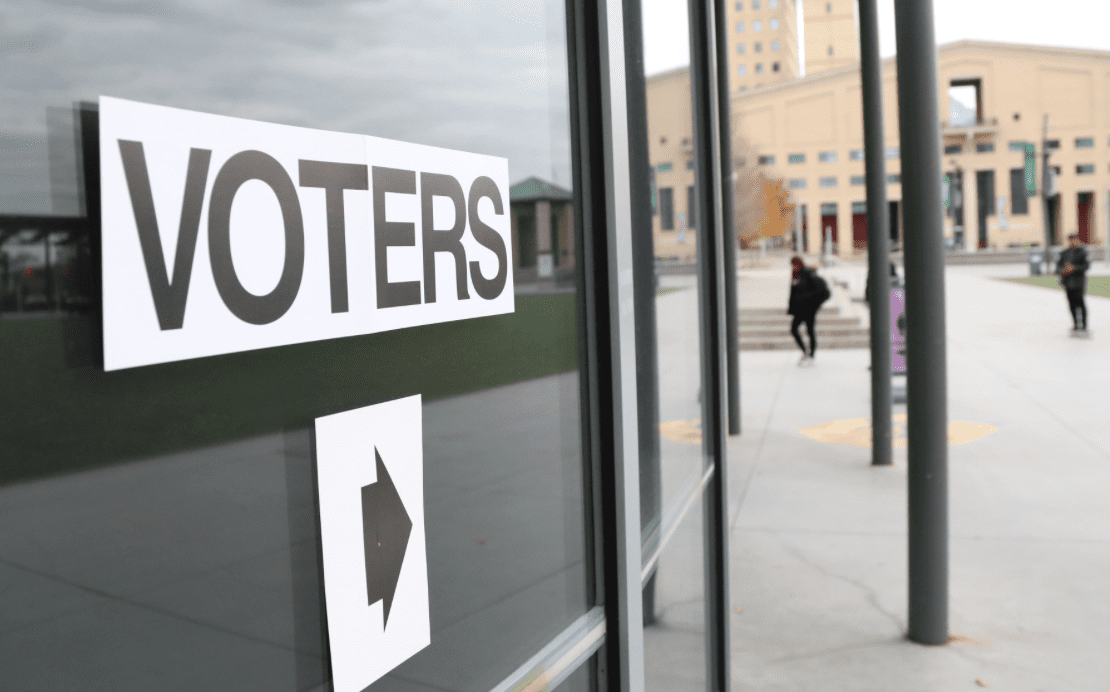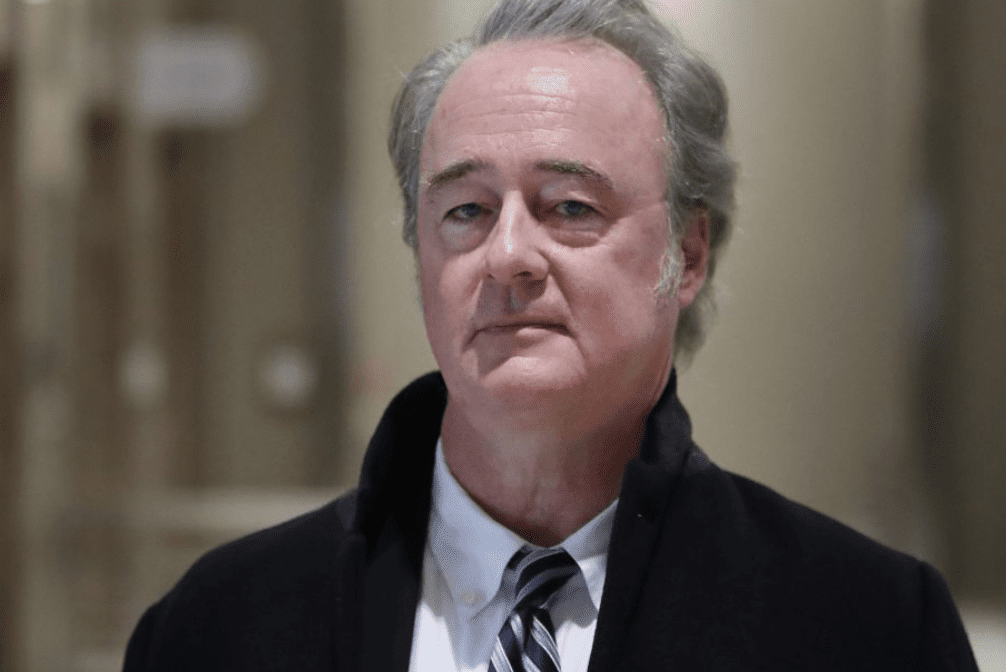This week, the Samara Centre for Democracy released one of their most important reports to date, which examined how nomination contests have been run in the major parties over the past few election cycles. The results should be absolutely concerning to everyone that one of the most important aspects of our democracy is being strangled by the parties in ways that are not obvious to outsiders, or even many of their own members. Some of the findings shouldn't be surprising however — the concentration of power in the party leaders' offices at the expense of their grassroots membership has been growing slowly over the past century, while the lack of basic civic literacy among average Canadians has ensured that the vast majority of people don't even know what a nomination race is. Nevertheless, these findings point to the steps that Canadians need to take if we are going to reclaim parties at their grassroots from the clutches of the leaders and their cults of personality.
The report's methodology was as sound as it could be given the lack of data available, given that most of the parties have a tendency to be secretive about their nomination data. Indeed, the report's call for transparency is one of the most basic steps that must be demanded by party members and Canadians at large if we're going to see change in how these races are run. Some of the data presented was done credulously, however, given that the NDP clearly bent the truth about their nominations in 2011 — claiming that candidates who had never visited their riding had fairly won a nomination was clearly a distortion of the truth and of the meaning of appointed versus nominated candidates, much like their claims that they always ensure that they have ensured that a nomination candidate from an "equity-seeking group" (be it women, visible minority, LGBT, and so on) is clearly for show, given the number of single-candidate nomination races that the report showed, and clear demonstrations in the past of how they will jettison that process when there is a straight, white man who they think can win the riding.
The number of single-candidate nominations was one of the most alarming statistics of the report — some 70 percent of nomination races over the period the study covered had only a single person running. There are a variety of reasons for this — in some cases, parties may protect their incumbents, either automatically or having them earn that protection by meeting criteria related to membership figures and fundraising dollars. There were cases that some candidates were so organized in terms of securing memberships that any potential challengers were scared off. But there were also cases where the party would manipulate the nomination contest with surprise dates, retroactive cut-offs, and other bits of underhanded activity that served only to protect a chosen candidate.
One thing that the report did get right was the fact that when incumbents are protected that it weakens the accountability that the grassroots members can exert on their local MPs, particularly in ridings that are considered "safe." It's also true that "safe" seats can generate the most competitive of nomination races, because that's where the true contest is likely to be fought. The report was also correct to call out that most of the reasons for why parties will protect incumbents are specious at best — there is tremendous advantage in incumbency, particularly in earned media, and in the householders sent out over the course of their term in office. As well, MPs are in their ridings more frequently than ever before, as the number of sitting days gradually declines, so the excuses for avoiding accountability should be treated as just that.
While the report does pay some attention to the developments post-1972 when it comes to ensuring that leaders must sign off on nominations, as party affiliations are now printed on ballots (previously it had been name, occupation and address), it does acknowledge that there is a place for a green-lighting process. While it calls for greater transparency in that process and its results, it does not offer any suggestions as to ways parties could better try to ensure that there is a means of quality control over candidates. In fact, there is some pearl-clutching over the fact that the party leader can override the wishes of the local riding without acknowledging that there are legitimate reasons why a local race could be gamed by interested parties. In fact, one of the anecdotal reasons why the leader's sign-off came to be in 1972 was because the Liberal government was under attack by pro-life groups opposed to the partial decriminalization of abortion that had recently taken place, and they were trying to stack nomination races as a result (not that you will find mention of this in the Hansard or committee transcripts of the day — and yes, I did look these up when researching my book).
What the report does not get into, however, is the fact that the problems with nomination races are but a symptom of the ways in which parties have been hollowed out by leaders who have been chosen in contests that ape democracy while merely subverting it. As membership-driven leadership contests replaced caucus selection, leaders centralized power under the guise of having the "democratic legitimacy" of their membership to do so, at that centralization of power came at the expense of the grassroots riding associations. In fact, the most recent Liberal Party constitution further disempowered the grassroots structures of the party and eliminated even more checks on the leader's power.
If we want accountability to take hold in parties, and that includes over how nominations races are run, we need more than just the level of transparency that the Samara report recommends — we need to restore the separation between the leader and the party president, as well as the tension between the parliamentary caucus and the grassroots membership. We need Canadians to understand that their entry into political participation is through grassroots party membership, and we need them to join and demand better nomination races, and to make noise when the party manipulates those circumstances — not to just make excuses. These changes need buy-in from voters, and not just more rules to be enforced by Elections Canada. Our democracy is too important to be left up to the technocrats.
Photo Credit: iPolitics










